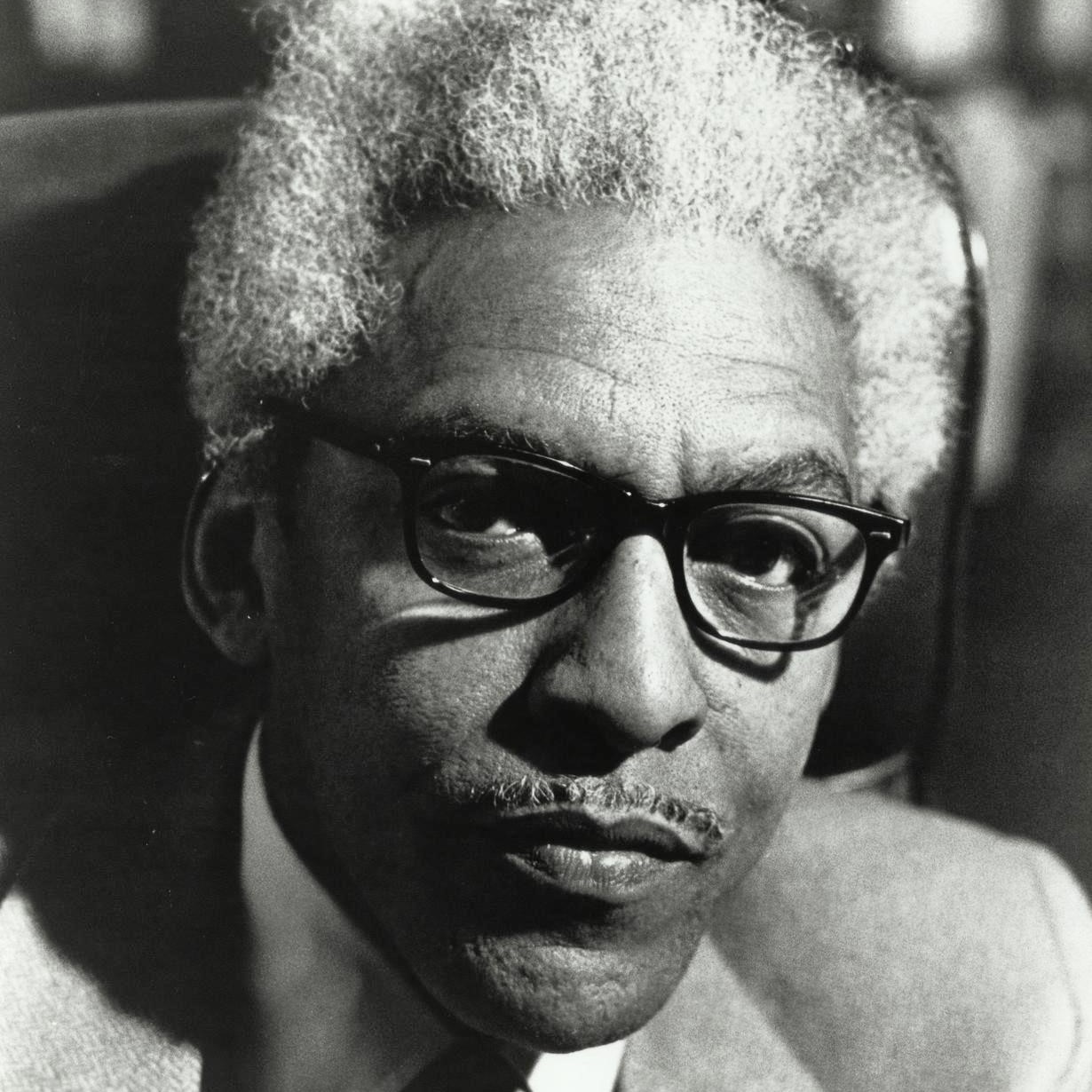Bayard Rustin: “There is no need for me to fear.”

Reader Responses
What have you or those you admire sacrificed for a better world?
What is your duty to Spirit, others, and yourself?
"I admire my son. Raised as a Friend in an liberal, unprogrammed East Coast meeting, he felt an unmistakable Call to protect our many freedoms through military service. He is stationed in Japan as an enlisted member of the United States Marine Corps. My support for the servicemen and women of our Armed Forces has broadened and enriched my understanding of Friends peace testimony." Julie A., Richmond, VA, USA
"As a singer and an artist I often think of the risk and discomfort that musicians and artists have to go through to share their art with the world. The art that inspires me most is a deeply personal window into the person who created it, and to open the deepest version of yourself up to public scrutiny is terrifying. Not to mention the loss of peace, privacy, and simplicity that can go with such endeavors. In my view this is a huge sacrifice, but art and music are my most common source of engagement with the Holy Spirit. Seemingly small pieces of art and music contain ripples of peace, inspiration, empathy, and joy.
What is my duty to Spirit, others, and myself? My duty is to create and use the talents that I've been given to create as many ripples of light as I can in this world, and as much as it might frighten me, perhaps it is also my duty to sacrifice some of my comfort and put my art out there when I have the opportunity. It is also my duty to create access for others to experience and create art and music and remove barriers around art for the people in my community."
Amber S., South Bend, Indiana, USA

This Week’s Messages
Mon Sep 16
The Soul Displayed in Ordinary Occupations
“For some it is right to give their whole lives explicitly to concrete forms of service, but for most their service will lie ‘in the sheer quality of the soul displayed in ordinary occupations.’ Such ordinary occupations are sometimes an essential contribution to the liberation of another person for wider service, and in any case, the inspiration of a dedicated life lived in simple surroundings, though often untraceable, may be profound in its reach.” …
Tue Sep 17
Spirituality Is a Rehearsal
“For a musician, actor, or athlete, practice and rehearsal are simply steps toward the ultimate goal, the performance — the concert, the play, or the ball game. For a spiritually led person the same is true. The purpose of spiritual practice and rehearsal is to enable each of us to be spiritually led in the performance of our daily lives.” …
Wed Sep 18
Coming into Citizenship in a Heavenly Kingdom
“What we try to mend depends a good deal on what we perceive to be torn. The search for religious experience often originates in a sense of being alienated, separated, torn from the divine, the truth, the great community of the universe to which we yearn to belong. The religious experience itself often begins with a conversion (literally a ‘turning towards’), an experience of what might be called ‘disalienation,’ a coming into citizenship in a heavenly kingdom, an acceptance of membership in a divine community.” …
Thu Sep 19
We Are a Gentle, Angry People
“We are a gentle, angry people / And we are singing, singing for our lives / We are a land of many colors / And we are singing, singing for our lives” …
Fri Sep 20
Look Not to Yourself, But to That Within You
“I have thought this morning, whether we, as a Society, do not suffer more than we need, by expecting too much of ourselves; whether our hope and reliance is sufficiently on Him whom we desire to become our all in all; experience has taught me, that Christ in me, or His saying and anointing power in me, is indeed my only hope of glory. I look not to myself, but to that within me, that has to my admiration proved to be my present help, and enabled me to do what I believe myself I could not have done.” …
Sat Sep 21
We Say We Are Activists; Early Friends Said They Were Waiters
“When compared with bodily action, what could seem more inactive than waiting upon God? The modern world asks, ‘Where will that get you?’ Young people say, ‘We want action.’ Yet, as we have seen, it was precisely through this and other apparently inactive means that the early Friends came into a power of whole action that surpasses anything that we experience today.” …
Banner art by Maggie Fiori





